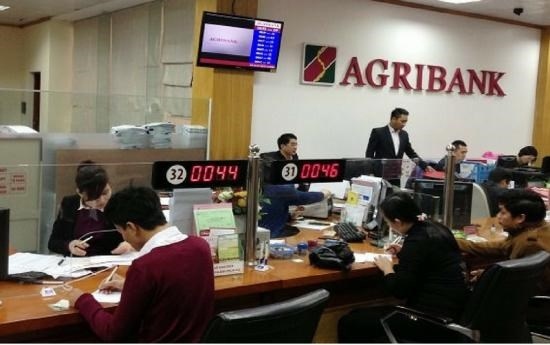Banks lending big to keep agriculture sector ticking
According to the State Bank of Vietnam’s department of credit for economic sectors, as of April credit injected into rural and agricultural development had reached VND2.3 quadrillion (US$100 billion), or 24.6% of the banking sector’s total loans.

Banks have prioritised agricultural projects that are involved in value chains and adopt high technologies for lending.
Analysts said loans given to such projects are worth hundreds of thousands of billions, mainly by State-owned lenders.
Agribank leads in this regard, providing credit to 29 hi-tech agricultural parks licensed by the Government and 20 technology-based farm companies.
The state-owned bank has also lent thousands of billions of dong to companies and farms in value chains to expand production.
Vietcombank is another major lender to the agricultural sector.
For instance, this state-owned bank has lent VND550 billion (US$24 million) to the Dabaco Group, which specialises in identifying and restoring domestic chicken breeds and runs research centres having a modern, closed circle using advanced AI technology, VND575 billion for Hoa Phat Group’s agricultural project and VND46 billion to the Da Lat Flower Forest Biotechnology Corporation.
Another State-owned bank, BIDV, has lent thousands of billions of dong to agricultural companies’ value chains.
Among the beneficiaries are Hoang Anh Gia Lai Agricultural Joint Stock Company, which grows orchards (VND721 billion) and the Agricultural Technology Joint Stock Company (VND11.3 billion).
Analysts said banks keen to lend to enterprises in agricultural value chains this is because it has enabled them to reduce risks thanks to effective cash flow management.
Though the risk of bad debts is not completely eliminated, non-performing loans in this area are quite low, they said.
Moreover, Government policies require them to support the development of the agricultural sector, they pointed out.
Dr Can Van Luc, a member of the National Monetary and Financial Advisory Council, said developing hi-tech agriculture is an inevitable trend since it has created a new impetus for the sector amid the context of climate change, industry 4.0 and international integration.
To sustain this, the Government has issued a number of mechanisms and policies to encourage the flow of capital and technologies into rural and agricultural development, and this has already begun to show results, he said.
Analysts suggested however that the Government should soon issue regulations governing implementation of agreements along agricultural value chains with clear sanctions for violations to minimise risks and ensure their stability.
